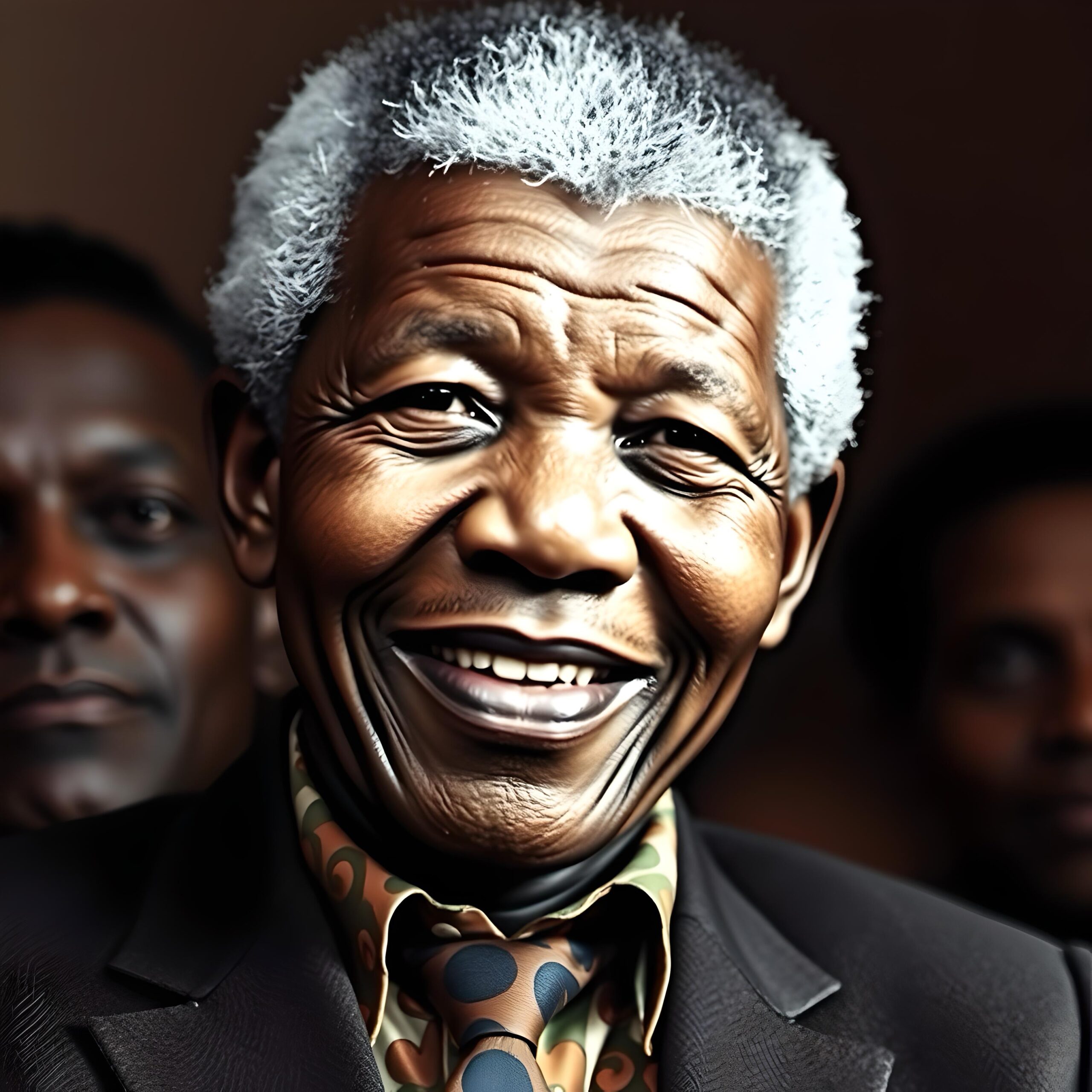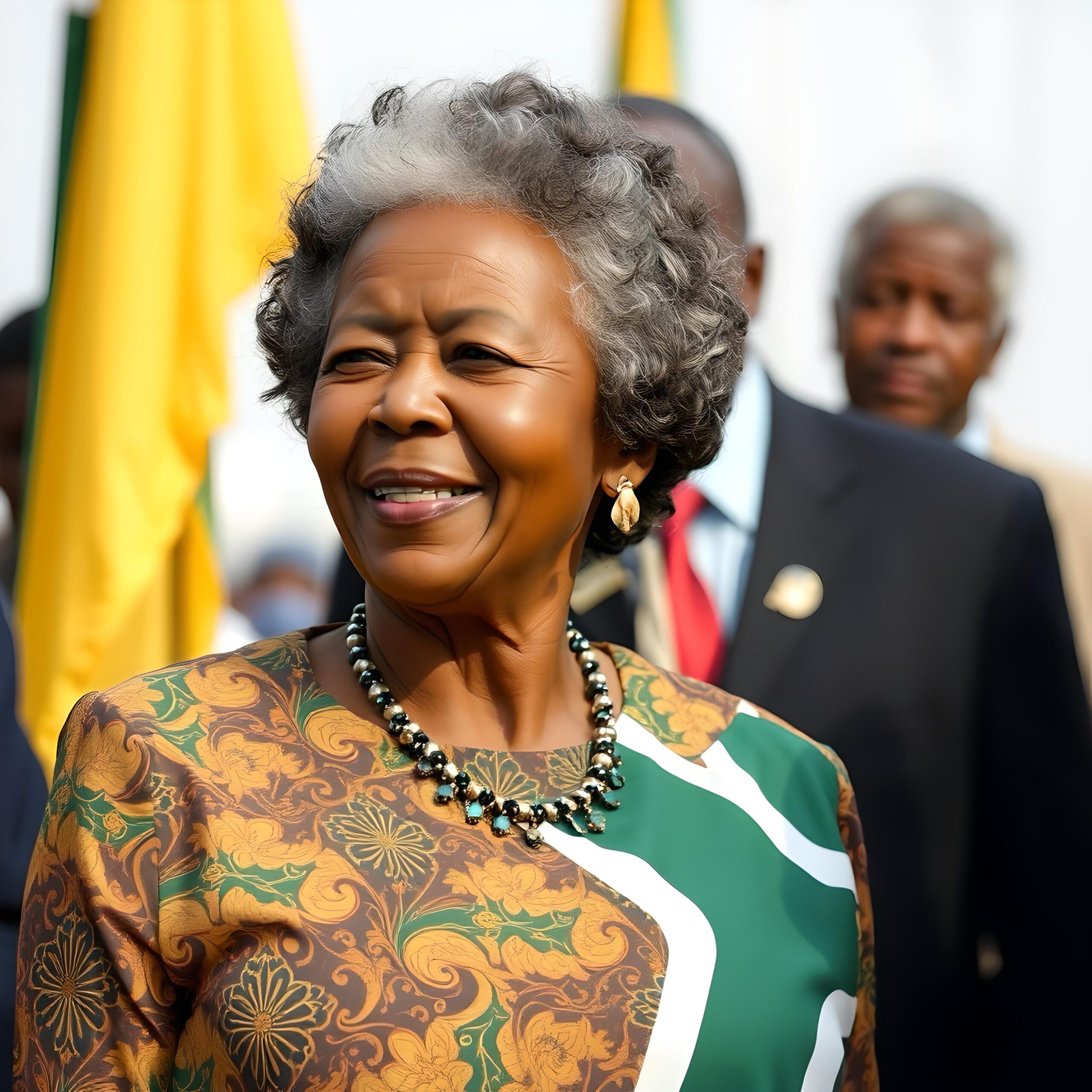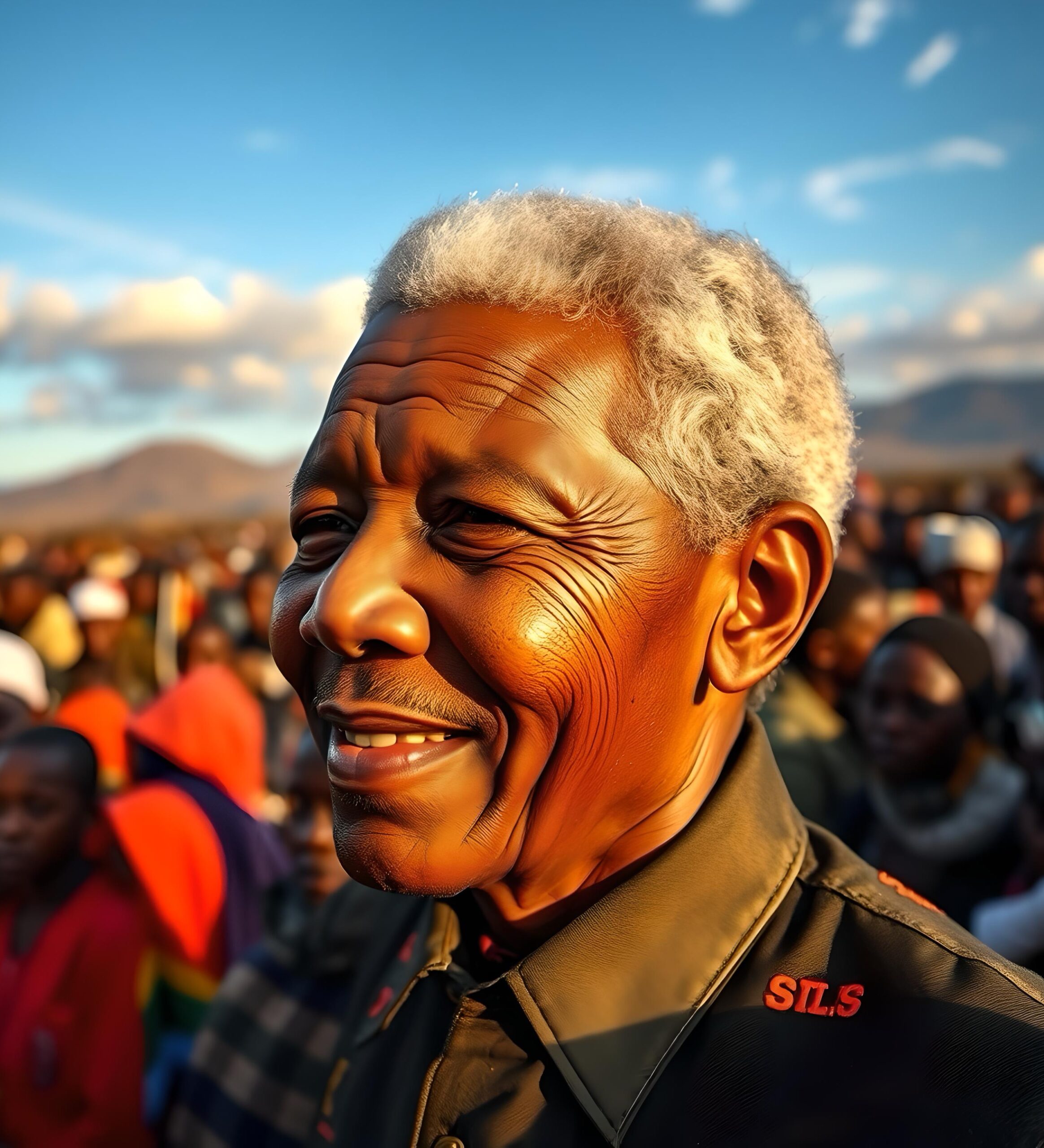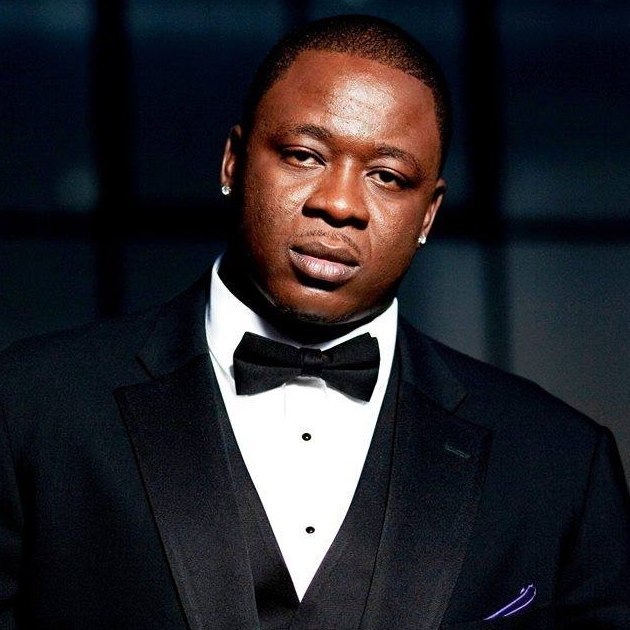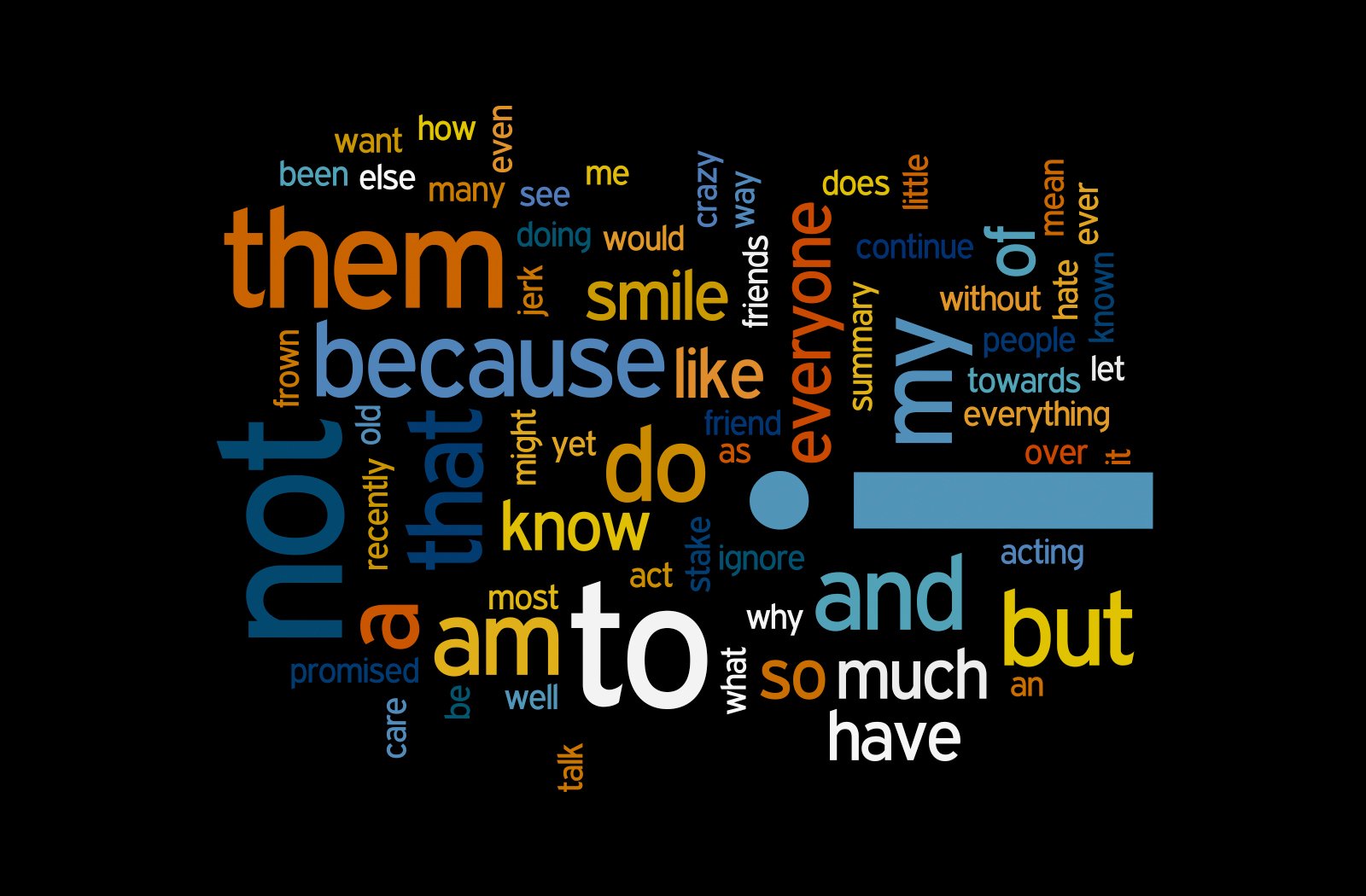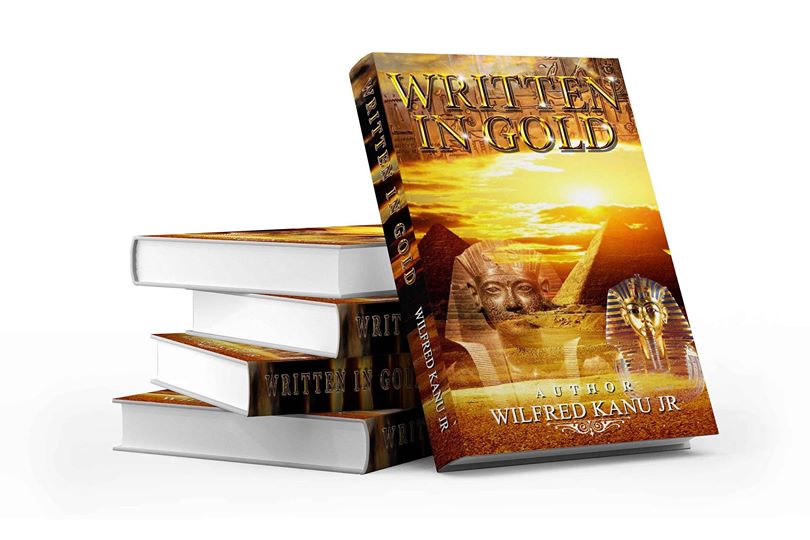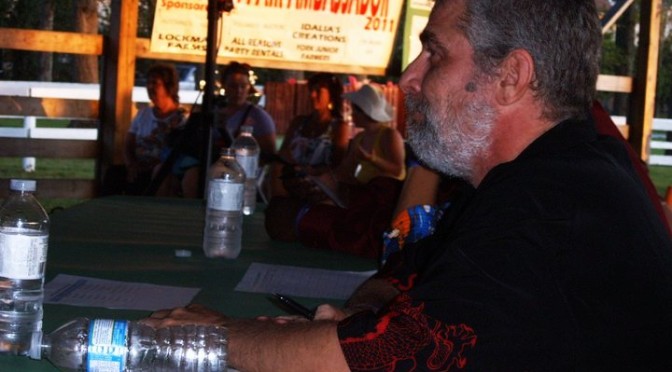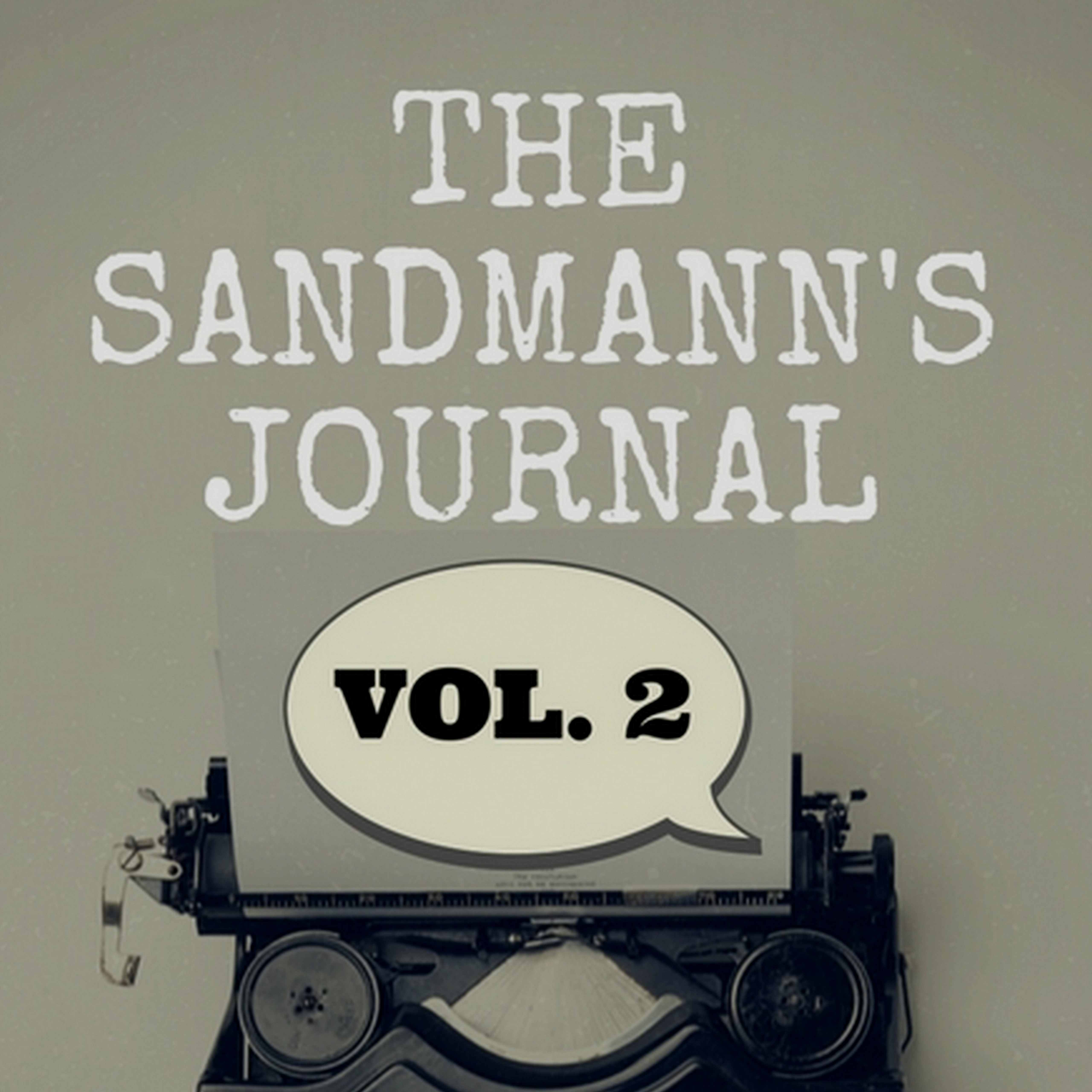Here is how they (a group of South Africans) explained South Africa’s harrowing saga to me: Nelson Mandela’s incarceration stemmed from his struggle against the apartheid regime. The White minority government had constructed an edifice of racial segregation and oppression, systematically dismantling the rights and liberties of the Black majority in the country. Enacted in 1948, apartheid’s laws enforced the system of racial separation, inflicting injustices upon non-white citizens. That system relegated Black South Africans to the periphery of society, denying them access to the ballot box, quality education, and equitable employment prospects. There was a similar struggle in Sierra Leone called the Hut Tax War. It was happening all over Africa then.
Beginning in the 15th century, a wave of European settlers (predominantly of British, Dutch, and German heritage) descended upon South Africa. One of their ambitions was to seize the most arable land. Driven by a perception of boundless agricultural potential, these newcomers employed a range of tactics, some legal, many criminal, to achieve their objective. While certain land acquisitions involved nominal transactions with tribal chiefs, a far greater portion was obtained through outright theft. Some of the Dutch used violent dispossession that systematically deprived the indigenous population of their ancestral farmlands. The Netherlands is very far from South Africa. It could not have been a coincidence that their natives showed up there for nothing.
This land grab, facilitated by European powers, resulted in the establishment of expansive, lucrative agricultural holdings controlled entirely by a White minority. After centuries of this exploitation, they had established a legacy of enduring racial inequality. Joining the African National Congress (ANC) in 1944, Nelson Mandela aligned himself with a movement that resisted the apartheid regime and advocated for the liberation of Black South Africans. The ANC’s initial strategy relied on non-violent civil disobedience. Unfortunately, the unrelenting escalation of state-sponsored crackdowns forced the ANC to recalibrate its tactics. The Sharpeville Massacre of 1960, a horrific event where police gunned down sixty-nine unarmed civilians, served as a catalyst.
In response to that 1960 atrocity, the ANC forged Umkhonto we Sizwe (“Spear of the Nation”). It was a military wing dedicated to armed resistance. Mandela was an architect of this shift. He championed acts of strategic sabotage against government infrastructure as a countermeasure to their crackdowns. There was hypocrisy in the apartheid regime. It was revealed in their condemnation of Black South Africans’ retaliatory actions against the system that had stolen their birthright. Today, a similar network exists, echoing the tactics of Western radical feminist groups, that relentlessly undermines Black entrepreneurs and cultural icons in the entertainment industry. The parallel almost sounds foolish to the undiscerning mind. But the truth is the truth.
This shadowy organization (waging this cultural war), cloaking its leadership, funding sources, and operational bases, wages a multifaceted cultural war against both the Black community and its entertainment powerhouse in the United States. Any attempt at unified Black resistance is swiftly met with state intervention. Government officials and credible journalists intern on their side. The judicial system is weaponized to crush dissent and dismantle organized efforts. This strategy mirrors a centuries-long pattern of oppression against people of African descent—a systematic campaign of assault by political structures, demanding passive submission and the perpetual reinforcement of White supremacy. That’s what the South Africans also experienced.
Nelson Mandela faced arrest (upon his return) following his “illegal” departure from the nation in 1962. That means he was under surveillance. They feared he was forming a secret alliance. That transgression precipitated a trial (the Rivonia Trial of 1964) where he and fellow African National Congress leaders were indicted on charges of sabotage and plotting the violent overthrow of the apartheid regime. The verdict on June 12, 1964, was a life sentence. That was a crushing blow to the anti-apartheid movement. Mandela’s subsequent incarceration on the desolate Robben Island, enduring eighteen grueling years of a twenty-seven-year confinement under brutal conditions, became a symbol of his defiance against the systemic oppression of South Africa.
Fortunately, Mandela’s incarceration ignited a global firestorm of opposition to apartheid. His fortitude and steadfast adherence to his ANC principles transformed him into an iconic global figure of defiance for the downtrodden in South Africa and internationally. Simultaneously, a more powerful force emerged: the ANC and Umkhonto we Sizwe, galvanized by the combative Winnie Mandela. That new alliance forged an insurgent army, poised to unleash a civil war—their aim: the complete overthrow of White rule and the expulsion of all White South Africans. This group emerged in the 1970s and 1980s. Faced with a looming, catastrophic civil war and intense international condemnation of apartheid, the White South African regime capitulated.
The impending bloodshed and global demands for Nelson Mandela’s freedom forced the hands of the South African apartheid regime. They finally released him from prison on February 11, 1990. That occasion marked a historic moment, a watershed in South Africa’s agonizing history. The escalating domestic and international pressure paved the way for the 1994 multiracial elections. Nelson Mandela’s subsequent victory in that election made him the nation’s first Black president. That was also an extraordinary success for the African National Congress. However, instead of succumbing to vengeful retribution, Mandela championed reconciliation, guiding his people through a peaceful transition from the hellstorms of apartheid to a democratic society.
The global community lauded the act, yet South Africa’s demobilized militia received no recompense. These battle-hardened veterans, bereft of economic opportunities, devolved into ruthless criminal overlords. That ignited a fresh wave of violent unrest now directed at the people. They will now kill Blacks as well as Whites. Even Winnie Mandela voiced disappointment with Nelson Mandela’s pursuit of reconciliation and amnesty. She viewed his decision as a betrayal of those who had suffered under apartheid. It allowed the privileged White minority to retain its economic dominance. The irony, however, is sharp. Many White South Africans were born there. Their family roots and heritage stretched over hundreds of years. He could not expel them.
Even worse, many of the Black South Africans advocating for the expulsion of Whites lacked the education, skills, and practical experience necessary to sustain the nation’s economic engine. Their ambition, however righteous, was tragically hampered by a lack of preparedness. The formula for success is preparation plus opportunity. Eliminating the White population would be economically catastrophic for South Africa, plunging it into a state of societal regression. Just as a civil war would have been calamitous, the expulsion of skilled and influential Whites from key sectors (mining, agriculture, healthcare, education, law enforcement, energy, and technology) would have hampered the nation’s infrastructure, which was far removed from medieval times.
Subsistence farming methods (using animal carcasses/dung as manure and praying for rain) are utterly inadequate to sustain a modern economy. Decades of deforestation have exacerbated Africa’s climate crisis. That resulted in widespread famine and droughts across the continent. The consequences would be dire and irreversible. That was Mandela’s calculation. Although the legacy of agricultural exploitation casts a long shadow, modern farming demands sophisticated tools like advanced machinery, genetically engineered crops, and precision techniques. A rarity for many inheriting ancestral lands. Lacking these resources, they grapple with challenges, such as inadequate irrigation, leading to barren fields, persistent poverty, and hunger.
The tragic consequence is often abandonment of the precious ancestral land and a desperate migration to urban centers for sustenance. Simply transferring ancestral land ownership from perceived unlawful White farmland occupancy to inexperienced Black farmers is a simplistic, ultimately ineffective solution. A more calculated strategy was required. It was one that prioritizes education and job creation. Access to the resources and support networks is necessary to harvest the land and create a thriving future for these communities. And sadly, that was when the crime rate skyrocketed. Today, South Africa grapples not with a racism, but a crisis of criminality. The problem is that the media seems to care when the victims of those crimes are White.
South Africa’s scourge of violence transcends racial lines. You could see that in the brutal murder of the legendary Lucky Dube. Black South Africans killed the man over his brand-new Chrysler 300. Black farmers, alongside their White counterparts, endure relentless invasion, robbery, and murder. This lawlessness stems from marginalized youths, some of whom are descendants of Mandela’s militia. They struggle to find a place in the modernizing nation. Therefore, a confluence of unfortunate impoverishing factors (outdated cultural norms, widespread substance abuse, ready access to firearms, and a debilitating cycle of poverty) confines the Black populace to the fringes of society. That renders many alienated and ostracized within their own land.
South Africa needs assistance to overcome their crime rate. They need to boost education, vocational programs, and the generation of substantial employment opportunities. Concurrently, strengthening law enforcement’s capabilities to build and preserve societal stability is equally crucial. President Cyril Ramaphosa articulated these needs to the US President, Donald J. Trump, a leader intimately familiar with the devastating consequences of youth disenfranchisement and its link to spiraling crime rates. Indeed, the struggles of numerous American cities (from Chicago’s violent streets to the socioeconomic challenges plaguing Memphis, Detroit, Louisiana, Alaska, and countless others) mirror South Africa’s plight, offering a shared understanding of this crisis.
